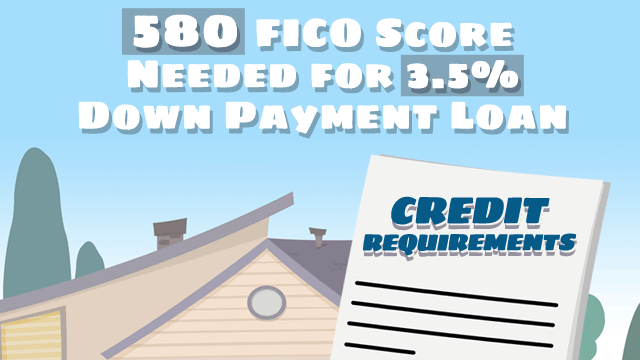FHA Loan Basics: Acceptable Property Types
December 11, 2024
Eligible Homes
FHA loans are primarily intended for primary residences—homes that borrowers will occupy as their main dwelling. This includes single-family homes, townhouses, and even multi-unit properties like duplexes or triplexes, provided the borrower lives in one of the units.
Condominiums can also be eligible, but the project must be FHA-approved or added to the approved list. It must also meet specific owner-occupancy rates, financial reserves, and insurance coverage standards.
In some cases, a condo unit may be approved for an FHA loan even without being on that list. Ask your lender about this option.
Manufactured homes can also qualify but must adhere to HUD Code manufacturing standards and be permanently attached to a foundation.
However, certain property types are not eligible for FHA financing.
No Investment Properties
Investment properties purchased solely for rental income, vacation homes, and commercial properties are not eligible for FHA financing.
Additionally, properties in disrepair may not qualify for an FHA purchase loan unless the necessary repairs are completed before closing. Such properties may qualify for an FHA rehabilitation mortgage, and this is an option worth considering.
Standard FHA loans are not designed for extensive renovations. The FHA 203(k) loan offers a solution for purchasing and rehabilitating a fixer-upper. This program has specific guidelines regarding eligible repairs and cost limitations.
There’s No One-Size-Fits-All FHA Mortgage
It's important to recognize that FHA loans for different property types have unique requirements. For example, condominium projects undergo a more rigorous approval process, including a review of the project's financial documents and governing rules.
Manufactured homes must meet specific construction and safety standards, and depending on the circumstances, there may be restrictions on financing homes located on leased land.
Understanding the nuances of FHA loans and eligible property types is crucial for prospective homebuyers.
It is always recommended that you consult with an FHA-approved lender to discuss your individual circumstances and find the most suitable loan program for your needs.

FHA Loan Articles
February 17, 2025The federal government backs FHA home loans, which allows participating FHA lenders to offer lower down payment options and more lenient credit requirements. How much do you really know about your FHA home loan options and how they compare to other mortgage choices?
February 13, 2025For many college graduates, student loan debt is a concern. A common question is how this debt impacts the ability to buy a home. This Q&A explores the relationship between student loans and FHA loan approvals. How much do you know about how your student loan debt affects your ability to be approved for a mortgage?
February 12, 2025Choosing between FHA and conventional home loans can be daunting for some first-time home buyers. What are the concerns between these two programs, and what does each one offer the borrower? We examine some of the key issues in our question-and-answer session about FHA mortgages versus conventional loans.
February 11, 2025Established in 1934 as part of the National Housing Act, the FHA's primary mission is to stimulate the housing market by providing mortgage insurance to lenders. This insurance reduces the risk associated with lending to borrowers who may otherwise be considered higher risk, encouraging lenders to offer more favorable terms, such as lower down payments and more flexible credit requirements. A key element of the FHA program is its commitment to fair housing, which is deeply rooted in the Fair Housing Act.
February 10, 2025How much do you really know about the home buying process? One major factor in protecting your new investment is knowing how the title search process works and why you need to have one done. This quiz will assess your comprehension of what a title search entails, why it's so important when using an FHA loan, and how it protects you as a buyer. From identifying potential liens to guaranteeing clear ownership, a title search plays a critical role.







